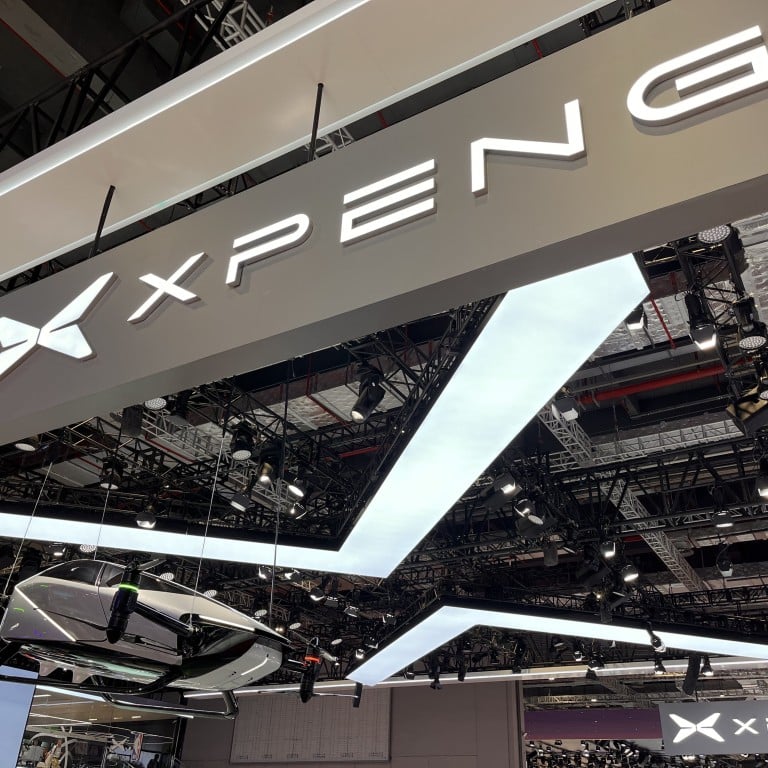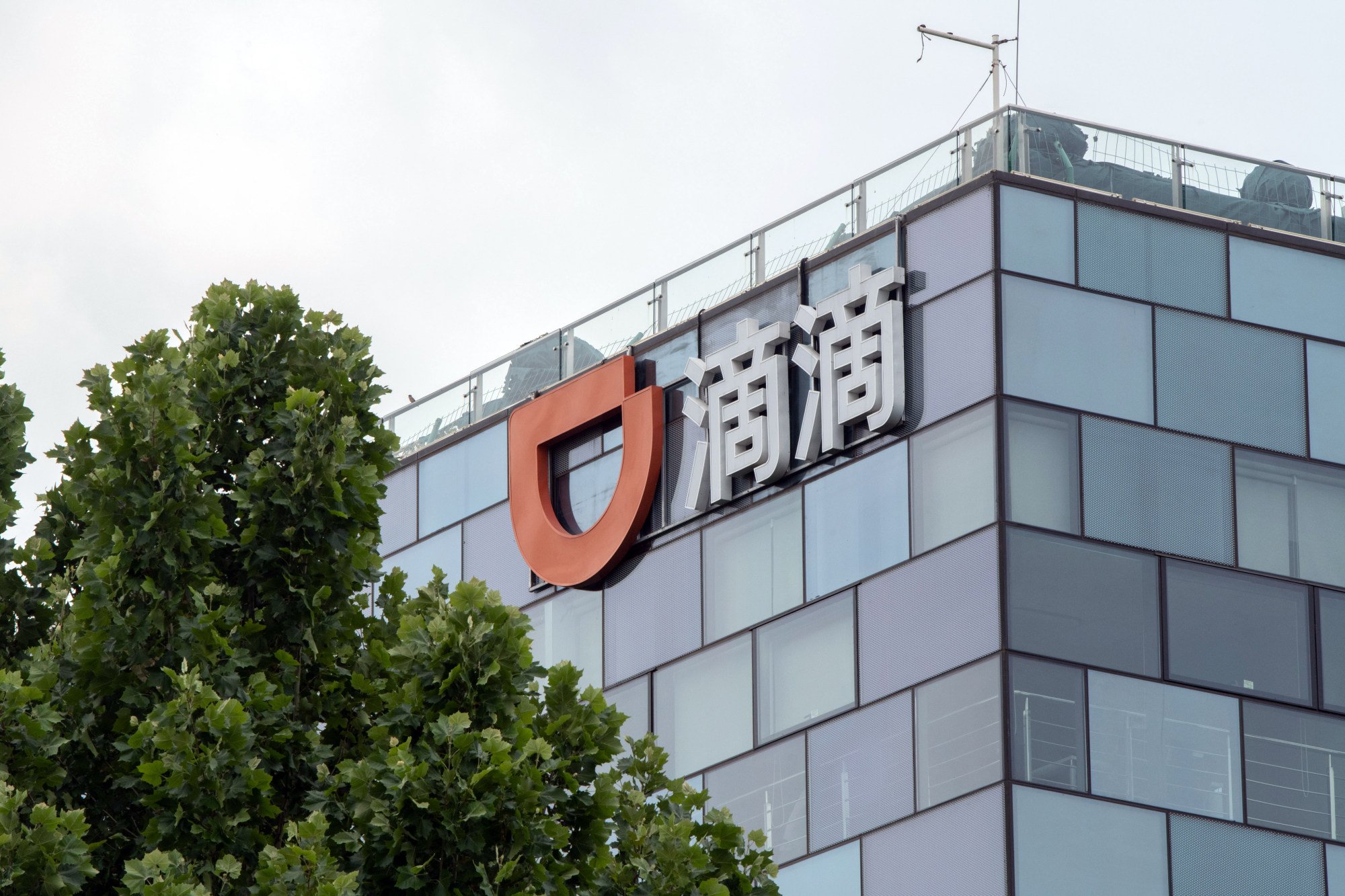
Chinese ride-hailing firm Didi Global sells its EV unit to Xpeng as the two plan to launch a mass-market brand in 2024
- Guangzhou-based Xpeng will issue shares worth HK$5.84 billion (US$744 million), according to filings, giving Didi a 3.25 per cent stake in the firm
- The deal allows Xpeng to take advantage of Didi’s business platforms for promotion while helping Didi dodge the cutthroat EV market, analyst says
“The Chinese EV market has great potential, but latecomers now have slim chances of making a success due to fierce competition,” said Cao Hua, a partner at Shanghai-based private equity firm Unity Asset Management, which invests in vehicle supply-chain firms. “The deal enables Xpeng to take advantage of Didi’s business platforms to promote its vehicles while helping Didi dodge the cutthroat market before its designed models go into production.”

Xpeng jumped 10.9 per cent to HK$72.20 in Hong Kong in a bullish market as the Hang Seng Index logged a 1 per cent gain. Didi declined 2.2 per cent to US$3.17 in over-the-counter trading in New York on Friday.
Didi will continue to “deepen our cooperation with Xpeng in multiple areas, driving transformation of the transportation and automotive industries”, Cheng Wei, chairman and CEO of Didi, said in a statement on Monday.
He Xiaopeng, Xpeng’s co-founder and CEO, said the EV start-up will explore working with Didi in certain fields such as marketing, insurance service, charging, robotic taxis and international expansion as the two pursue a leading position in the future of mobility.
Xpeng expects big jump in third-quarter EV deliveries as G6 booms
“Both parties will explore cooperation opportunities in various areas,” he said in a statement. “Xpeng will continue to create value and capture growth opportunities in the mobility ecosystem as well as in autonomous driving.”
Didi will be entitled to increase its stake in Xpeng under a performance-based incentive mechanism, according to the exchange filings. Xpeng plans to launch a new brand, Mona, under the partnership with Didi in 2024. Didi will have the right to increase its holdings in the EV maker if the new brand – targeting a mass-market price segment of 150,000 yuan – meets delivery targets.
At present, Xpeng builds smart EVs featuring preliminary autonomous driving systems and fast charging technology, which are priced above 200,000 yuan.
Chinese ride-hailing giant Didi narrows losses in first quarter
Didi’s car plans can be traced back to 2016 when it created an autonomous driving unit. The unit became an independent company in 2019, developing autonomous driving technology with a team of over 250 engineers.

